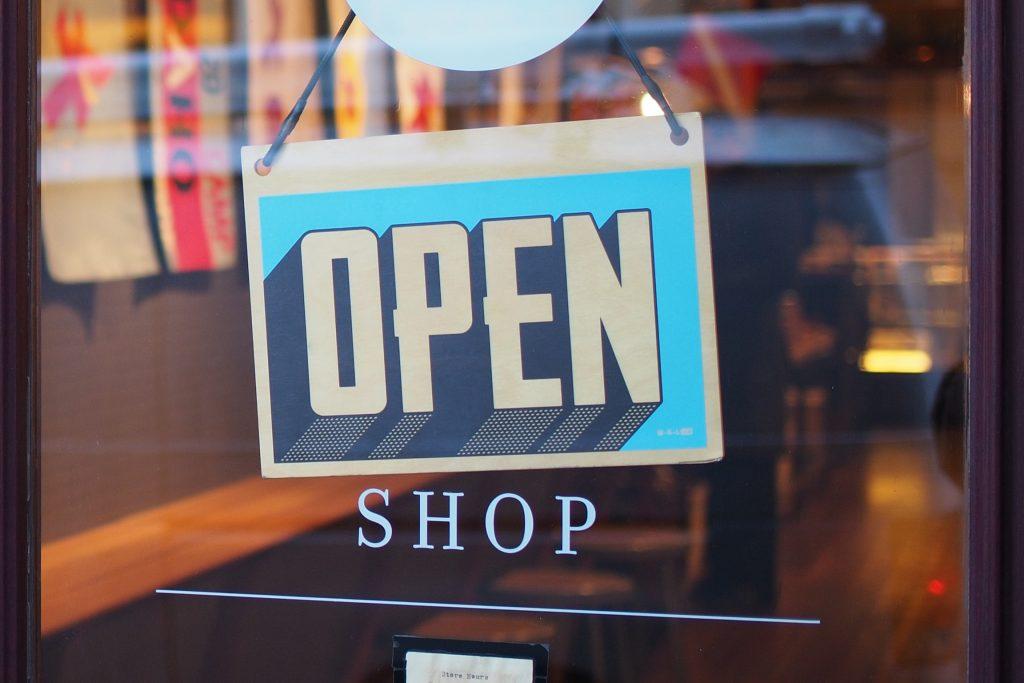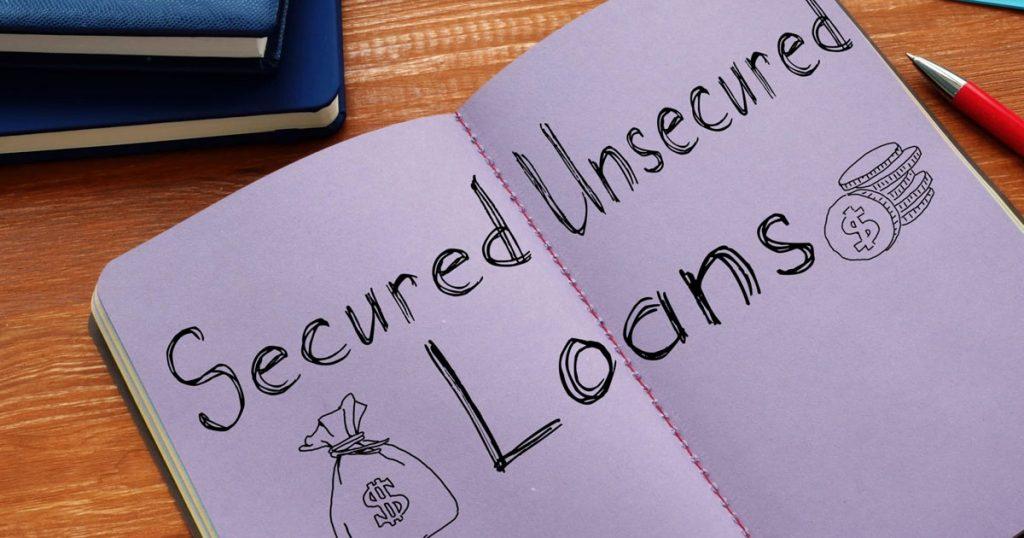Small enterprises frequently need financial support to foster growth, extend their operations, or capitalize on emerging prospects. Small business loans are instrumental in offering these businesses the essential funds to realize their objectives. While considering various financing options, business owners come across two main categories of loans: secured and unsecured. In this article, we will delve into the characteristics of secured and unsecured business loans, highlighting their pros and cons to help business owners make informed decisions.
What is A Secured Business Loan
A secured business loan necessitates the borrower to offer collateral as a safeguard for the lender. The collateral can include business assets, real estate, equipment, inventory, or other valuable items. This collateral serves as a protective measure for the lender, minimizing their risk in the event of the borrower’s failure to repay the loan. Due to this additional security, secured business loans often come with more favorable terms for the borrower.
Pros of A Secured Business Loan
- Larger Loan Amounts – With collateral backing the loan, lenders are more willing to offer higher loan amounts, allowing businesses to access more substantial funds to fuel their growth.
- Longer Repayment Terms – Secured loans may come with extended repayment periods, easing the burden on businesses to meet larger monthly payments.
- Reduced Interest Rates – Collateral presence diminishes the lender’s risk, resulting in lower interest rates compared to unsecured loans.
- Enhanced Accessibility for Lower Credit Scores – Secured loans may offer better accessibility to businesses with lower credit scores, as the collateral provides reassurance to the lender.
Cons of A Secured Business Loan
- Potential Loss of Assets – The main drawback of secured loans is the risk of the borrower losing their assets. In the event of loan default, the lender holds the power to seize and sell the collateral to recover the outstanding debt.
What Is An Unsecured Business Loan
On the other hand, a collateral is not needed when it comes to an unsecured business loan. This type of loan is solely approved based on the borrower’s creditworthiness, financial track record, and capacity to repay the debt. Without the security of collateral, unsecured loans present a higher risk to lenders, resulting in different loan terms compared to secured loans.
Pros of An Unsecured Business Loan
- Quick Approval and Funding – Unsecured loans typically have a faster approval process since no collateral appraisal is necessary, allowing businesses to access funds quickly.
- No Risk to Business Assets – Unlike secured loans, unsecured loans do not put the borrower’s assets at risk, offering peace of mind to business owners.
- Suitable for Startups and Newer Businesses – Businesses with a shorter operating history or minimal assets can still qualify for unsecured loans based on their creditworthiness.
Cons of An Unsecured Business Loan
- Smaller Loan Amounts – Unsecured loans usually come with lower borrowing limits compared to secured loans, as lenders aim to mitigate their risk.
- High Interest Rates – Since risks are higher, unsecured loans come with higher interest rates as well.
- Stringent Qualification Requirements – Businesses seeking unsecured loans must meet stricter credit scores and financial stability criteria to qualify.
Secured Vs Unsecured Business Loan – Which Is Better?
Choosing between a secured and unsecured business loan can be a critical decision for small business owners. Every loan type possesses distinct characteristics, rendering them appropriate for various scenarios and business requirements. There are also various factors to consider, including the individual business’s financial situation, risk tolerance, and borrowing needs.

Secured loans are better suited for businesses with significant assets and those seeking larger loan amounts with extended repayment terms. This type of loan offer lenders the assurance of collateral, which acts as a safety net in case the borrower defaults on the loan. This collateral can be in the form of valuable business assets, real estate, equipment, or other possessions. As a result, secured loans are less risky for lenders, allowing them to extend more favorable terms to borrowers, such as lower interest rates and higher borrowing limits. Businesses with valuable assets may find secured loans a viable option to access substantial funding while minimizing risk.
Businesses with lower credit scores or limited operating histories may find secured loans more attainable. The presence of collateral mitigates the lender’s risk, making secured loans a viable option for businesses that may not meet the stringent credit requirements of unsecured loans
Unsecured loans, on the other hand, do not require collateral, making them a preferable choice for businesses that are reluctant to put their assets at risk. Conversely, these loans depend on the borrower’s financial track record and capacity to repay the loan. Lenders focus more on the borrower’s creditworthiness and financial stability, making it challenging for newer businesses or those with less-established credit histories to secure unsecured loans.
Small business owners also shouldn’t expect huge amounts and good interest rates to be made available. Favorable terms and interest rates can still be possible if the borrower has strong financials and a solid credit history. So, this is a good option if you’re confident of your creditworthiness and financial stability.
Bottom Line
To conclude, whether a small business loan is secured or unsecured hinges on the terms agreed upon between the borrower and the lender. Secured loans offer advantages such as larger loan amounts, longer repayment terms, and lower interest rates, but they involve putting valuable assets at risk. In contrast, unsecured loans offer quicker access to capital and do not necessitate collateral, yet they are accompanied by higher interest rates and lower borrowing limits.
Ultimately, business owners must carefully assess their financial situation, business goals, and risk tolerance before deciding which type of loan is the best fit for their specific needs. Seeking advice from financial professionals and reputable lenders can help businesses make informed decisions and secure the financing necessary to thrive and succeed.
